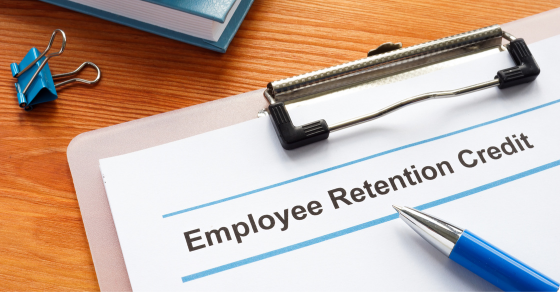
The Employee Retention Credit (ERC) Voluntary Disclosure Program is a program introduced by the Internal Revenue Service in response to certain businesses claiming the ERC improperly or failing to claim it when they were eligible. The ERC was introduced as part of the CARES Act in 2020 and was aimed at providing financial relief to businesses affected by the COVID-19 pandemic.
Under the ERC, eligible employers could receive a refundable tax credit against employment taxes for qualified wages paid to employees. However, there were specific criteria and limitations for eligibility, and some businesses may have erroneously claimed the credit or failed to claim it when they were eligible.
The Voluntary Disclosure Program allows these businesses to come forward voluntarily to correct any errors or omissions related to claiming the ERC. By participating in the program, businesses could potentially avoid penalties or other enforcement actions that might otherwise be imposed for incorrect claims or noncompliance with ERC requirements. Eligible taxpayers can repay only 80% of the gross amount of the credit erroneously claimed while retaining the remaining 20% (IRS Announcement 2024-3). Taxpayers that repay the 80% of their ERC are deemed to have made a full repayment.
Taxpayers participating in the Voluntary Disclosure Program must file Form 15434 (Application for ERC Voluntary Disclosure Program) on or before March 22, 2024 and be submitted thru the IRS Document Upload Tool: www.irs.gov/help/irs-document-upload-tool
Participation in the program typically involves disclosing the relevant information to the IRS and working to rectify any discrepancies or issues with ERC claims. The specifics of the program, including eligibility criteria and procedures for participation, would be determined by the IRS and outlined in official guidance.
Businesses considering participation in such a program should consult with tax professionals or legal advisors familiar with ERC regulations and IRS procedures to ensure compliance and to understand the potential benefits and implications of voluntary disclosure. For complete information, including eligibility and processing, please visit: www.irs.gov/coronavirus/frequently-asked-questions-about-the-employee-retention-credit-voluntary-disclosure-program
Receive Free financial tips & Tax Alerts!
"*" indicates required fields
It’s not uncommon for an estate plan to contain multiple trusts. They can enable you to hold assets for and transfer them to beneficiaries, avoid probate, and possibly reduce estate…
Members of the sandwich generation — those who find themselves simultaneously caring for aging parents while supporting their own children — face unique financial and emotional pressures. One critical yet…
If you inherit assets after a loved one passes away, they often arrive with a valuable — but frequently misunderstood — tax benefit called the step-up in basis. Below is…